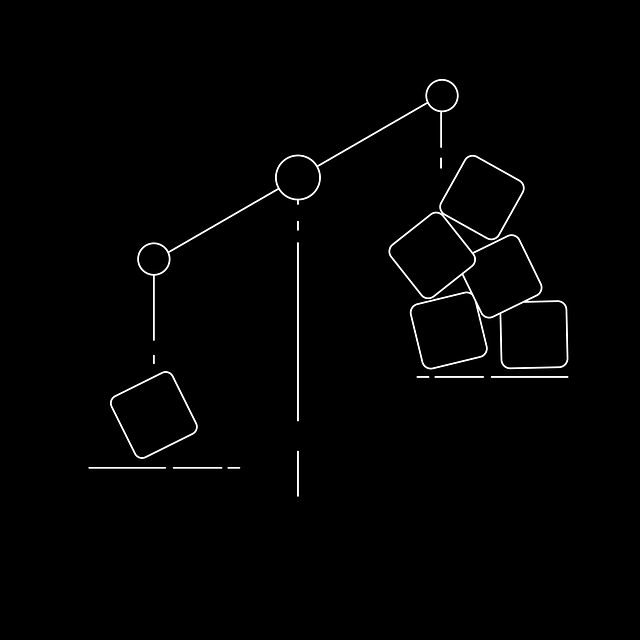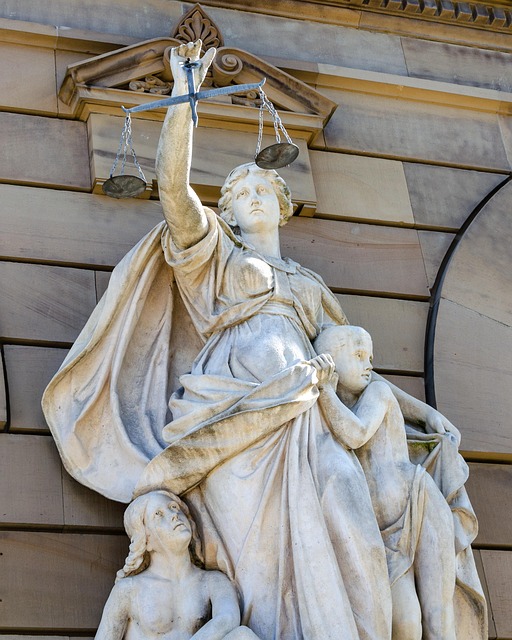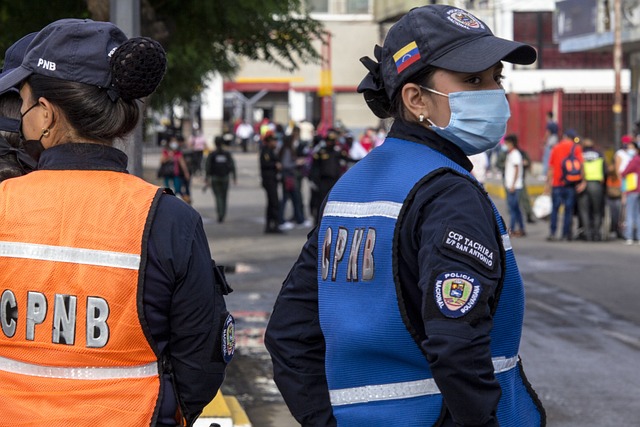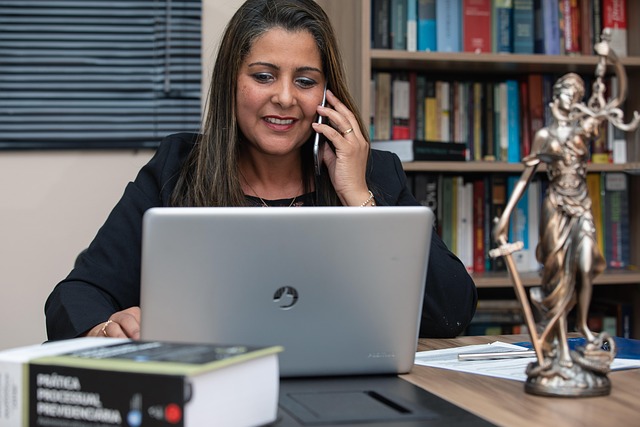In criminal law, Strategies to Contest Witness Credibility in Trials are vital for ensuring fairness and integrity. Lawyers must examine motives, coherence, and consistency of witnesses, probing for biases, discrepancies, and relationship influences. Pre-trial preparation involves scrutinizing prior statements and testimonies, with defence attorneys aiming to weaken prosecution cases. Cross-examination techniques challenge witness reliability by exploring inconsistencies and motivations. In high-stakes white-collar crimes, expert testimony and counter-narratives undermine financial evidence. Post-trial assessments during appeals continue this scrutiny, securing charge dismissals through meticulous examination of prior witness statements.
In the intricate dance of criminal law enforcement, understanding witness credibility is a cornerstone for just outcomes. This article delves into the art and science of questioning witnesses during trials using effective strategies to contest credibility. From pre-trial preparation that uncovers potential weaknesses, to cross-examination techniques aimed at casting doubt, and leveraging expert testimony and counter-narratives, each step plays a vital role in ensuring fairness. Additionally, post-trial assessments and appeals highlight the ongoing importance of meticulous credibility evaluations.
- Understanding Witness Credibility: The Cornerstone of Criminal Trials
- Strategies for Pre-Trial Preparation: Uncovering Potential Weaknesses
- Cross-Examining Witnesses: Effective Techniques to Cast Doubt
- Using Expert Testimony and Counter-Narrative to Challenge Credibility
- Post-Trial Assessments: When Credibility Questions Arise During Appeals
Understanding Witness Credibility: The Cornerstone of Criminal Trials

Understanding Witness credibility is paramount in criminal law enforcement. In jury trials, witnesses play a pivotal role in presenting evidence and shaping narratives. However, it’s crucial to recognize that witness testimonies are not infallible. Various strategies can be employed to contest witness credibility, ensuring a fair trial for both corporate and individual clients.
Assessing the reliability of a witness involves scrutinizing their motives, coherence, and consistency. Lawyers can challenge witnesses by probing for potential biases, examining prior statements for discrepancies, and exploring any relationships that might influence their testimony. This process, vital for maintaining the integrity of the justice system, resonates beyond courtroom settings, impacting the perceptions of testimonies within philanthropic and political communities as well.
Strategies for Pre-Trial Preparation: Uncovering Potential Weaknesses

Pre-trial preparation is a critical phase for any criminal case, especially when aiming to implement effective strategies to contest witness credibility in trials. One key aspect involves thorough investigation and analysis of potential weaknesses in the prosecution’s witnesses. Defence attorneys can uncover discrepancies, inconsistencies, or biases by scrutinizing their testimonies. This may include examining prior statements, interviewing character witnesses, and exploring any potential motives for false testimony.
For his clients’ benefit, a successful white-collar defense often relies on these strategies to challenge witness credibility, thereby weakening the prosecution’s case. By identifying and presenting alternative explanations or contradictory evidence, defendants can avoid indictment and present a robust defence.
Cross-Examining Witnesses: Effective Techniques to Cast Doubt

In criminal law enforcement, cross-examining witnesses is a critical skill for attorneys to master. It’s not just about questioning their recollections; it’s an art that involves scrutinizing every detail to cast doubt on their credibility. Effective strategies include delving into potential biases, exploring inconsistencies in prior statements, and revealing any motivations or pressures that might influence their testimony. By doing so, defense attorneys can challenge the unprecedented track record of witness reliability in jury trials, ensuring a fair deliberation process.
Moreover, understanding the context behind a witness’s statement is key. For corporate and individual clients alike, an attorney must consider external factors that could impact objectivity. This might include financial interests, personal relationships with parties involved, or even cultural biases. Presenting these potential influences to the jury allows for a more nuanced perspective, giving them the full picture rather than a one-sided account. Such techniques not only strengthen the defense but also enhance the overall integrity of legal proceedings.
Using Expert Testimony and Counter-Narrative to Challenge Credibility

In high-stakes cases involving white collar and economic crimes, strategies to contest witness credibility are paramount. One effective approach is leveraging expert testimony that challenges the methodology or validity of the prosecution’s evidence. For instance, forensic accountants can dispute financial records’ integrity, while digital forensics experts might expose manipulation in electronic data. This not only undermines the reliability of direct observations but also highlights potential inconsistencies across various stages of the investigative and enforcement process.
Additionally, crafting a compelling counter-narrative shifts the focus from the defendant’s guilt or innocence to the witness’s reliability. By presenting alternative explanations for observed behaviors or events, defense teams can sow doubt in the jury’s mind. This strategy is particularly useful when dealing with subjective testimony or interpretations of complex scenarios. Such tactics demand meticulous preparation and a deep understanding of both the law and the underlying facts, ensuring that every move to challenge witness credibility is strategically placed within the broader context of the trial.
Post-Trial Assessments: When Credibility Questions Arise During Appeals

In the intricate landscape of criminal law enforcement, post-trial assessments play a pivotal role, especially when addressing credibility questions during appeals. When a defendant’s fate hangs in the balance due to witness testimonies, employing strategic approaches to contest witness credibility becomes paramount. Lawyers often turn to meticulous examination and cross-examination techniques as their primary weapons to challenge the veracity of key witnesses’ statements.
Unprecedented track records in successfully defending clients against seemingly ironclad accusations have been attributed to these skillsets. By scrutinizing every detail, from inconsistencies in prior statements to potential biases or motivations, defense attorneys can uncover weaknesses in witness testimonies. This method has led to numerous cases where corporate and individual clients secured complete dismissals of all charges, underscoring the effectiveness of these strategies to contest witness credibility in trials.
In navigating the intricate landscape of criminal law enforcement, understanding and challenging witness credibility are vital strategies. This article has explored a comprehensive set of techniques, from pre-trial preparation to post-trial assessments, designed to uncover potential weaknesses and cast doubt on testimonies. By employing these effective methods—including cross-examination techniques, expert testimony, and counter-narratives—legal professionals can ensure fair trials and just outcomes. As we move forward, recognizing the importance of witness credibility assessment remains crucial in revolutionizing the criminal justice system.






